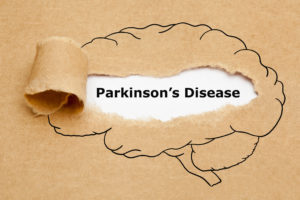
Stem Cell Therapy in Pakistan from the USA Leader! Treatment in Islamabad. Contact today to set up your consultation.


R3 STEM CELL GUIDE PARKINSON’S DISEASE
Every day, R3 Stem Cell receives inquiries worldwide from individuals asking if stem cell therapy can help for Parkinson’s Disease (PD). Spoiler alert: It can help a lot! In this guide, we’ll go through the basics of how stem cells and exosomes work for PD, the latest research, and what to expect with a regenerative procedure.
 Among other things, dopamine allows us to move our body. As we lose dopamine, we begin to experience difficulties with movement. This leads to some of the symptoms of Parkinson’s, which include:
Among other things, dopamine allows us to move our body. As we lose dopamine, we begin to experience difficulties with movement. This leads to some of the symptoms of Parkinson’s, which include:
 As the stem cells take on the role of these cells and begin to self-replicate, they should be able to repair the damage done by Parkinson’s.
Research on the use of stem cell therapy for treating Parkinson’s is ongoing. However, researchers are eager to discover more about the potential of using stem cells to regenerate brain cells. This could be useful not just for treating Parkinson’s but for treating other mental health disorders, as well.
Parkinson’s disease is a degenerative brain disorder marked by the degradation of dopamine-producing cells. Stem cells, which can adopt the role of specific cells, are being considered as a treatment for Parkinson’s. When stem cells are injected into the brain, they may begin to regenerate dopamine-producing cells.
Research in this area is in its early stages, but the current evidence is promising. In the coming years, stem cell therapy may be considered a viable solution for Parkinson’s.
Stem cell therapy for Parkinson’s disease is offered by R3 Stem Cell International in Pakistan. Contact us Today at +1 (888) 988-0515 for an Evaluation for stem cell treatment!
As the stem cells take on the role of these cells and begin to self-replicate, they should be able to repair the damage done by Parkinson’s.
Research on the use of stem cell therapy for treating Parkinson’s is ongoing. However, researchers are eager to discover more about the potential of using stem cells to regenerate brain cells. This could be useful not just for treating Parkinson’s but for treating other mental health disorders, as well.
Parkinson’s disease is a degenerative brain disorder marked by the degradation of dopamine-producing cells. Stem cells, which can adopt the role of specific cells, are being considered as a treatment for Parkinson’s. When stem cells are injected into the brain, they may begin to regenerate dopamine-producing cells.
Research in this area is in its early stages, but the current evidence is promising. In the coming years, stem cell therapy may be considered a viable solution for Parkinson’s.
Stem cell therapy for Parkinson’s disease is offered by R3 Stem Cell International in Pakistan. Contact us Today at +1 (888) 988-0515 for an Evaluation for stem cell treatment!R3 Stem Cell offers stem cell therapy for Parkinson's Disease overseen by US Board Certified Stem Cell Doctors. Contact us today to Request an Appointment for an Evaluation!